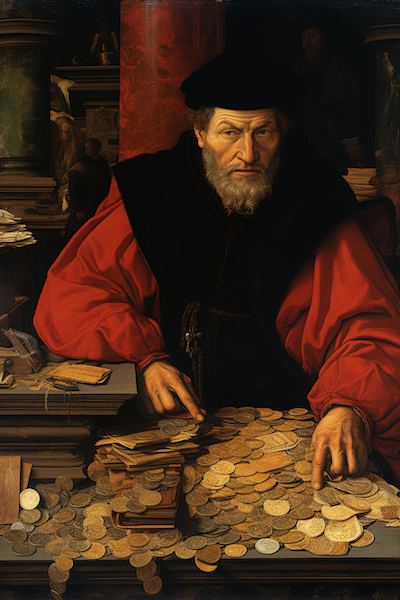Outside Khalri, Trade is generally unsophisticated across the Ten Queendoms. Barter is generally accepted in most commercial establishments, and haggling is expected, unless otherwise indicated. Listed or named prices are usually open to negotiation.

In principle, the practices of the Queendom of Khalrī set the precedent for other queendoms, but the most recent development in Khalrī remains a hard sell in other queendoms: namely, "certificates of value," "notes of debt," or other forms of paper currency.
There are no Queen-sanctioned forms of currency in any Queendom, so these "financial instruments" live and die by the trust inherent in the issuing body.
Such innovations aside, "hard" currency in the form of weighable Gold, Silver, and Copper coins are standard throughout the queendoms. Electrum is not used as currency in the Queendoms. Local variations of platinum currency may be used, but trade-bars are more common vor transactions where gold coins become burdensome.
Each Queendom offers (at least one) "official coin." Only Khalrī offers a coin that is imprinted with a verifiable guarantee of worth, and Khalrī only offers this on gold. Copper and silver are generally taken at face value, but with a keen eye toward any local abnormalities that might make taking a weight-volume measurement worthwhile.
Some regions have emulated the "Khalrī Gold" approach, by sponsoring (usuallly dwarven) metallurgists to imprint every coin with a non-falsifiable imprint of worth.
When transacting higher price purchases, trade-bars and "inscribed gems" are often used in place of large quantities of gold.